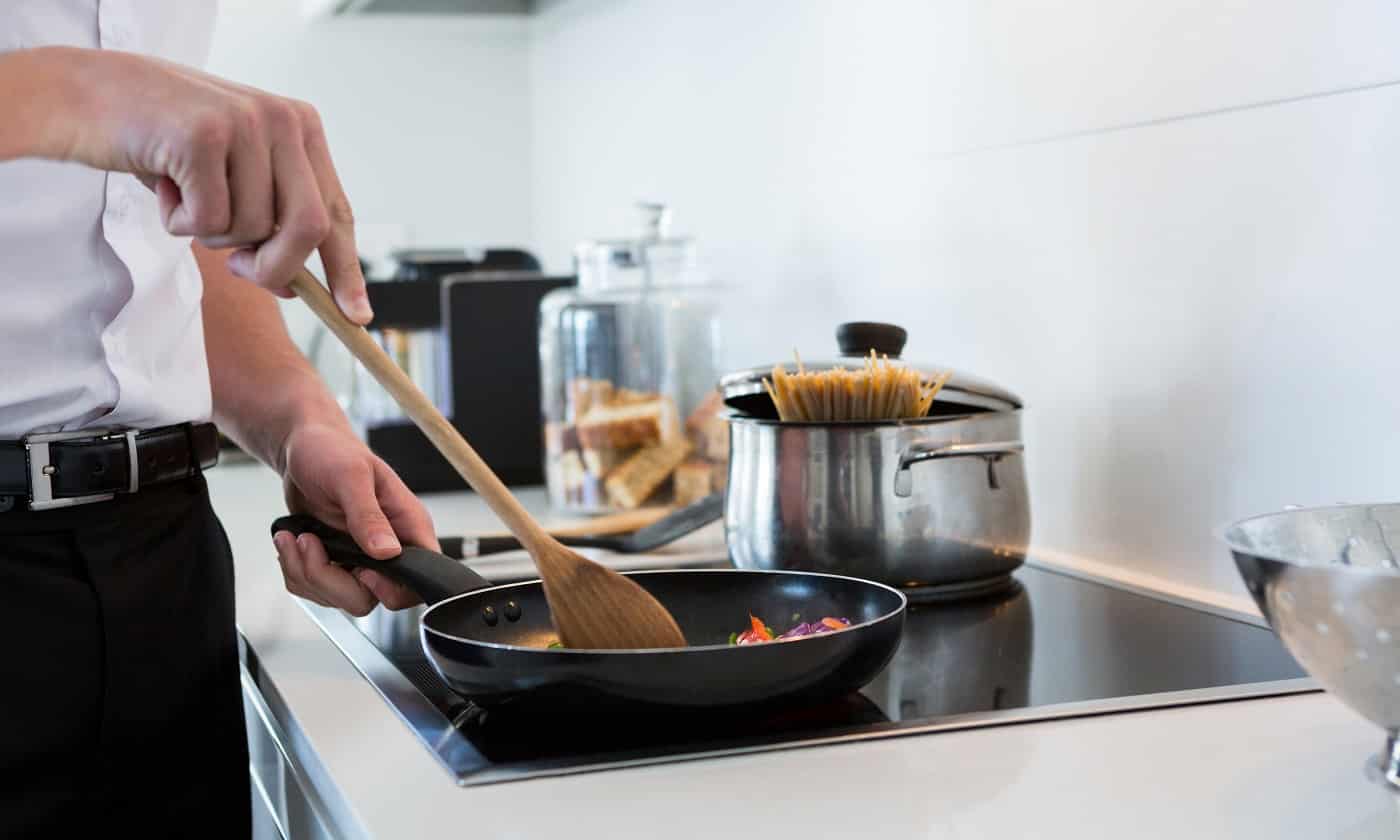Cast Iron vs Glass Cookware on Induction: Which is Best?
Written By James Morgan
For barbecue enthusiasts, the debate of cast iron vs glass cookware on induction cooktops is both intriguing and practical. As the popularity of induction cooking continues to rise, understanding the compatibility and performance of these two materials becomes increasingly important. In this article, we will delve into the unique characteristics of cast iron and glass cookware, examining how each performs on induction cooktops, and helping you decide which is better suited for your grilling and barbecue needs.

Understanding Induction Cooking
Before diving into the specifics of cast iron vs glass cookware on induction, it's essential to understand how induction cooking works. Induction cooktops use electromagnetic fields to heat cookware directly, rather than using an open flame or heated coil. This method is not only energy-efficient but also provides precise temperature control, making it a favorite among professional chefs and home cooks alike.
The Timeless Appeal of Cast Iron
Cast iron cookware has been a staple in kitchens for centuries, known for its exceptional heat retention and durability. When it comes to induction cooking, cast iron has several advantages:
Durability and Heat Retention
Cast iron cookware is renowned for its robustness. It can withstand high temperatures without warping, making it an excellent choice for searing and grilling. The material's heat retention properties ensure even cooking, which is crucial when preparing barbecue dishes that require consistent heat.
Compatibility with Induction Cooktops
One of the primary considerations for cast iron vs glass cookware on induction is compatibility. Cast iron's magnetic nature makes it inherently suitable for induction cooktops. The cookware's flat base ensures optimal contact with the induction surface, allowing for efficient heat transfer. For more insights on how to use cast iron over any heat source, visit Lodge Cast Iron.
The Modern Appeal of Glass Cookware
Glass cookware, on the other hand, offers a modern aesthetic and certain advantages when used on induction cooktops:
Non-Reactive and Easy to Clean
Glass is a non-reactive material, meaning it won't interact with acidic or alkaline foods. This property makes glass cookware an excellent choice for cooking dishes with tomatoes, vinegar, or citrus. Additionally, glass is easy to clean, as it doesn't hold onto flavors or odors.
Limitations on Induction Cooktops
While glass cookware is visually appealing, it has limitations when used on induction cooktops. Glass is not inherently magnetic, so it requires a magnetic disk or special induction-compatible glass cookware to work effectively. This can hinder heat transfer efficiency compared to cast iron. For detailed comparisons between different cookware on induction, check out Grilling4All.
Performance Comparison: Cast Iron vs Glass
When evaluating cast iron vs glass cookware on induction, it's crucial to consider performance in key areas:
Heat Distribution and Cooking Results
Cast iron offers superior heat distribution, providing even cooking across the entire surface. This characteristic is ideal for barbecue enthusiasts who need consistent heat for grilling meats and vegetables. In contrast, glass may struggle with even heat distribution, potentially leading to uneven cooking.
Weight and Handling
Cast iron cookware is notably heavier than glass, which can be a consideration for some users. The heft of cast iron provides stability on the cooktop, but it may be cumbersome to handle, especially when full. Glass cookware is lighter, making it easier to maneuver, but it may lack the same level of stability.
Making the Best Choice for Your Barbecue Needs
Choosing between cast iron vs glass cookware on induction depends on your specific cooking needs and preferences. Here are some considerations to help you make an informed decision:
Cooking Style and Recipes
If your barbecue repertoire includes searing steaks, grilling vegetables, and preparing dishes that require high heat, cast iron is likely the better choice. Its heat retention and even distribution make it ideal for these cooking methods. Conversely, if you prefer to prepare delicate sauces or dishes that require lower heat, glass cookware may be more suitable.
Induction Compatibility
For seamless induction cooking, cast iron is the clear winner due to its natural magnetic properties. If you opt for glass, ensure that it's specifically designed for induction or invest in a magnetic disk to make it compatible.
Maintenance and Care
Both cast iron and glass cookware require specific maintenance to ensure longevity. Cast iron needs regular seasoning to maintain its non-stick surface, while glass requires careful handling to prevent chipping or cracking. To learn more about maintaining cast iron post-induction use, visit Grilling4All.

FAQs
Is cast iron better than glass for induction cooking?
Cast iron is generally considered better for induction cooking due to its natural magnetic properties and superior heat retention.
Can I use regular glass cookware on an induction cooktop?
No, regular glass cookware is not suitable for induction cooktops unless it has a magnetic disk or is specifically designed for induction use.
How can I maintain my cast iron cookware?
Maintain your cast iron cookware by regularly seasoning it to preserve its non-stick surface and prevent rusting.
In conclusion, the choice between cast iron vs glass cookware on induction ultimately depends on your cooking style and preferences. Whether you opt for the timeless durability of cast iron or the modern appeal of glass, both have their place in a barbecue enthusiast's kitchen.



